



Prof Dan said the efforts of staff members have earned the university a spot in the top seven universities in South Africa. (Video timeline: 20:28)
The NWU had made great strides since moving from a federal to a unitary model, he said. He added that we have to ensure an equal spread of senior personnel across the three campuses – something we are doing reasonably well at currently. (16:42)
The NWU and the higher education sector
The conversation then turned to how the sector is faring, the NWU’s strategy and the university’s plans for after the pandemic.
This was the focus of Prof Linda du Plessis, deputy vice-chancellor responsible for planning and Vanderbijlpark Campus operations (21:19), and Dr Duane Aslett, director for strategy in the office of the vice-chancellor (34:07).
Since the country went into lockdown last year, the university had continued to demonstrate its ethic of care and social responsiveness, Duane said.
It had manufactured ventilators for hospitals and clinics, produced an ATM food bank for people in need and is currently working on the preclinical trials for a new Covid-19 vaccine.
After the pandemic
According to Prof Linda, the NWU does not exist in a vacuum and is influenced by what is happening within the higher education sector in South Africa.
After the lockdown, the NWU intends to remain a contact university, she said, but may have to consider a hybrid mode of teaching. (51:47)
She also spoke about some of the opportunities that have come with the pandemic, which had exposed the necessity for lifelong learning and reskilling. The NWU is looking at expanding its Unit of Open and Distance Learning and the Unit for Continued Education to offer short courses for reskilling.
All things people and culture
Prof Mala Singh, executive director People and Culture, presented on the staff profile of the three campuses, staff recruitment and the staff challenges of the NWU and the sector. (1:02:10)
She shared the employment equity statistics comparing the composition of the NWU’s top, senior and middle management with the figures for the rest of the higher education sector. Mala also shared the Department of Employment and Labour’s mandatory employment equity target.
In addition, she spoke about the People and Culture employment equity plan for 2021 until 2023, including how it would be implemented.
“I want to reassure all staff members that we have been instructed by the vice-chancellor and by Council to avoid retrenchments as far as possible. We do everything in our power to make sure we secure the jobs of those who are currently employed.” She emphasised that the equity plan is not based on our existing staff members, but on achieving equity when filling vacancies.
Towards the end of the webinar, several questions from staff members were answered. (1:25:09)

On 23 June, during the first online Conversation with the Vice-Chancellor for 2021, Prof Dan Kgwadi, principal and vice-chancellor, thanked all staff members for pulling out all the stops since the country went into lockdown.
For your convenience, we have indicated points in the timeline of the video where you can listen to specific topics, for instance: questions answered at 1:25:22. This means that you can listen to members of management responding to viewers’ questions at one hour, 25 minutes and 22 seconds into the video.
![]()
HOVER ON THE PHOTOS TO READ MORE.
KEEP US ALL IN THE LOOP

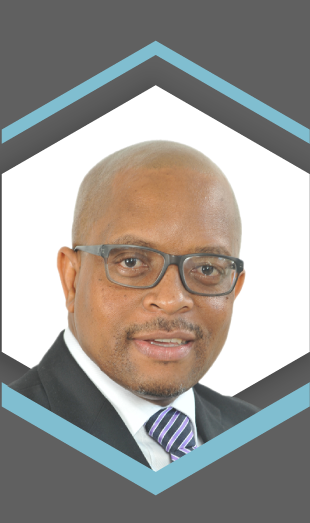
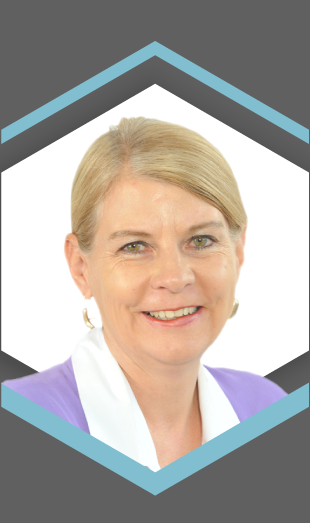
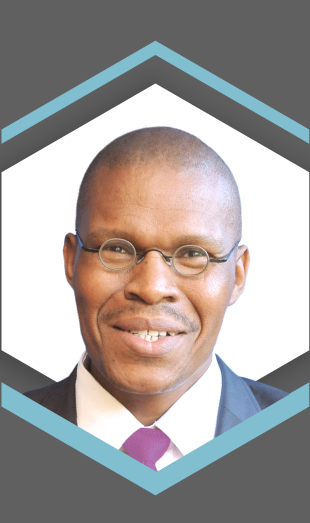
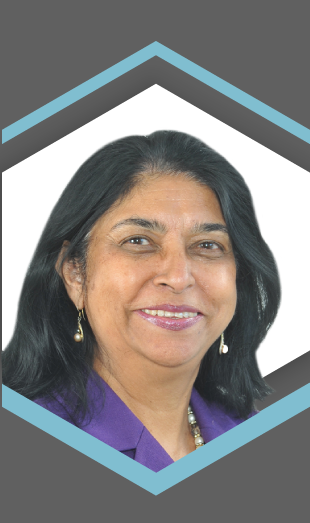
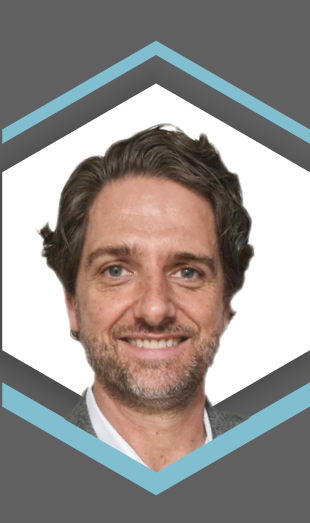

![]()







